Surprising Things That Can Hurt Your Kidneys

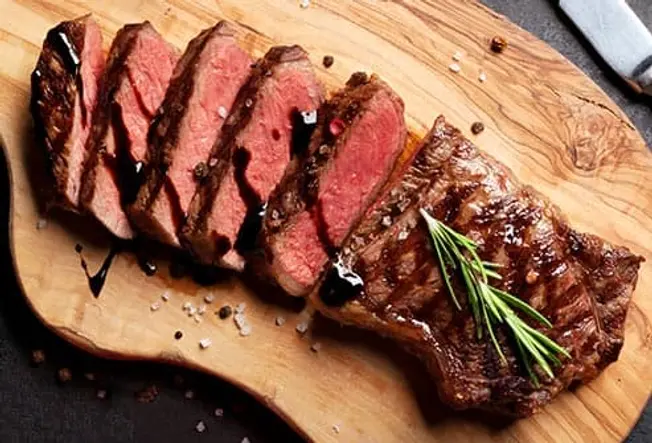
Too Much Protein
Protein is essential to a healthy diet. But if your kidneys don’t work normally, eating too much of it can overtax them. Check with your doctor. You may need to eat small portions of different types of protein. Eggs, fish, beans, and nuts are all good sources.
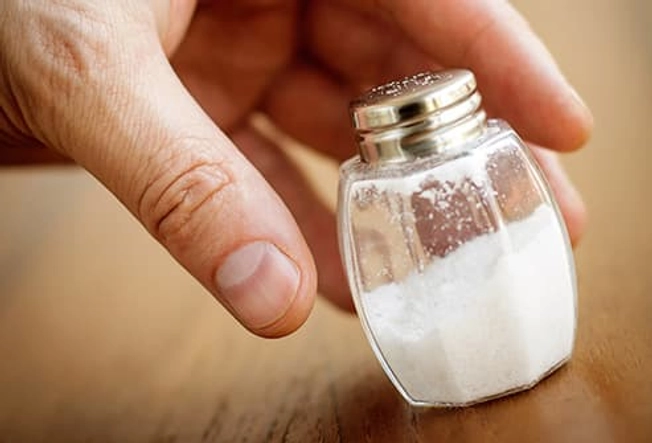
Salt
In some people, too much salt can raise blood pressure and speed up kidney damage. It also may lead to kidney stones, which can cause nausea, severe pain, and trouble peeing.
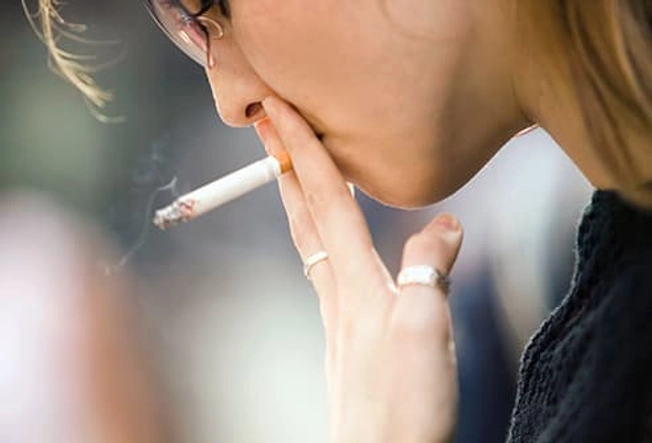
Smoking
Not only can it worsen high blood pressure and type 2 diabetes -- the two leading causes of kidney disease -- but it can interfere with medicines used to treat them. It also slows blood flow to the kidneys and can cause kidney problems in people who already have kidney disease.
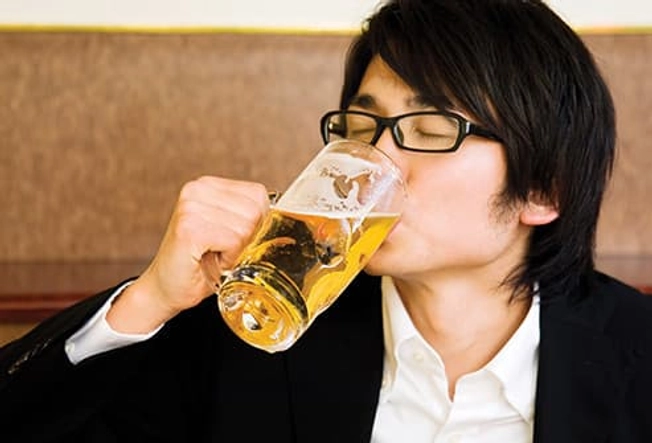
Alcohol
Heavy chronic drinkers may increase their risk of chronic kidney disease. A single binge session (more than four or five drinks in less than 2 hours) rarely leads to acute kidney injury, and when it occurs people usually don't need dialysis

Sodas
If you drink two or more diet sodas -- a day, you may be more likely to get kidney disease. In one study, diet soda-drinking women had kidneys that worked 30% less well after 20 years compared with other women. Sugar-sweetened drinks including juice and soda are also associated with a higher incidence of kidney disease.
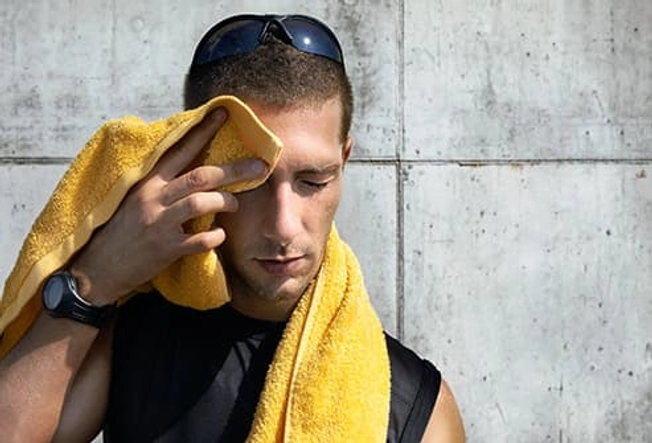
Dehydration
Your kidneys need water to work properly. Not getting enough -- especially if that happens often -- can cause kidney damage. How can you tell if you’re drinking what you need? Your pee should be light yellow.
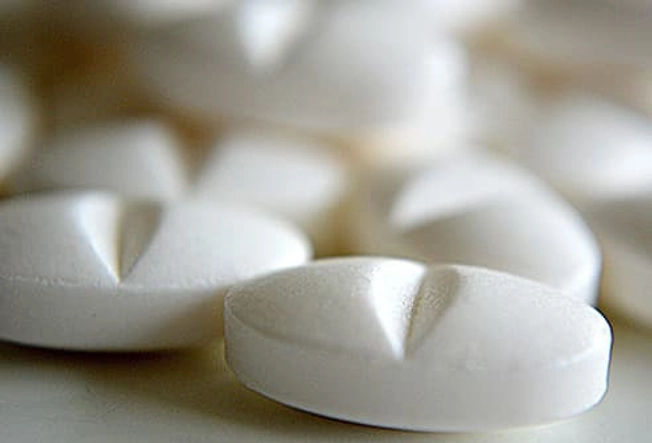
Pain Medication
Taken regularly, large amounts of over-the-counter pain medications -- acetaminophen, aspirin, naproxen and ibuprofen -- or the prescription NSAID Celebrex (celecoxib) can damage your kidneys. But that doesn’t necessarily mean you have to tough it out. Talk to your doctor about what you’re taking and how much to see if you might need another option.
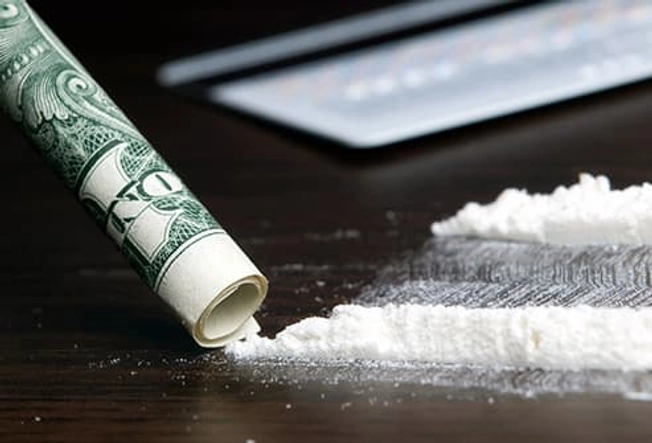
Illegal Drugs
The use of cocaine, heroin, or methamphetamine (not a good idea for a host of reasons) can cause kidney damage in different ways. Some of these drugs can lead to high blood pressure, as well -- one of the leading causes of kidney disease.
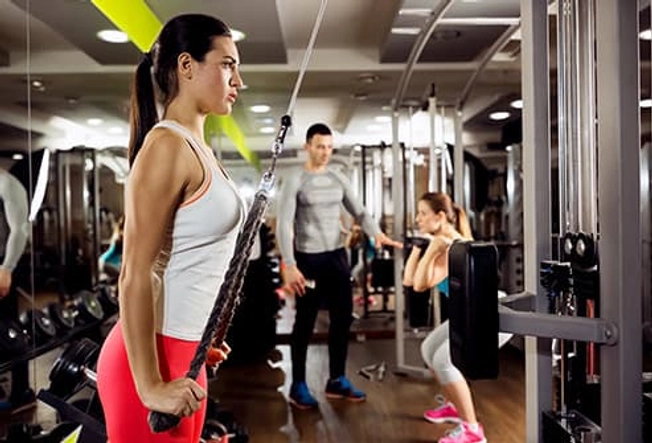
Overtraining
Working out too hard for too long can cause rhabdomyolysis, a condition in which damaged muscle tissue breaks down very fast. This dumps substances into your blood that can hurt your kidneys and make them fail. Don’t overdo it. Build up your workouts gradually – don’t suddenly make them more intense. If you can, avoid working out in high heat and humidity. See your doctor if you have muscle pain and dark-colored pee.
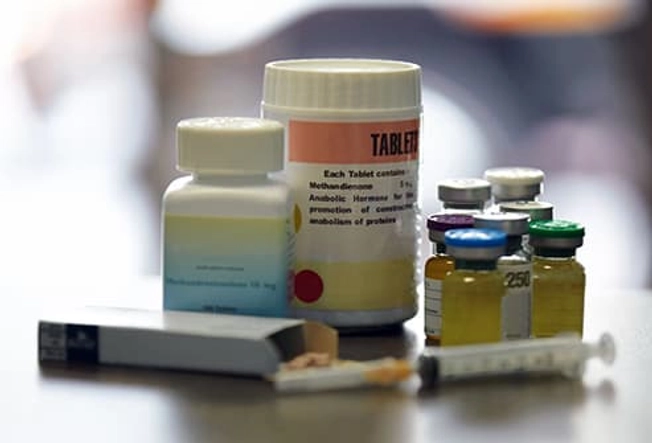
Bodybuilding Steroids
Some people take anabolic steroids -- drugs that work like the male hormone testosterone -- to get extreme muscles. But they can cause scarring in the parts of your kidneys that filter your blood. This can make your body parts swell, make you lose protein in your blood, and give you high cholesterol.
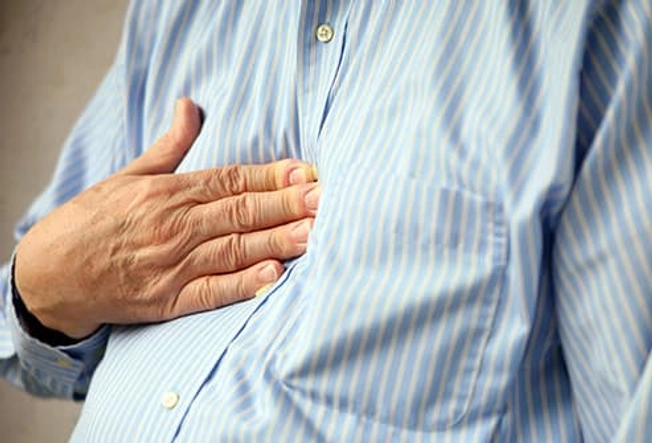
Heartburn Drugs
Drugs called proton pump inhibitors (PPIs), which cut down on stomach acid, can cause kidney damage if you take them for a long time. Some studies suggest that taking a lot of PPIs can also make you more likely to get long-term kidney disease. If you’re worried, ask your doctor if another kind of heartburn drug, an H2 blocker, might be better for you.
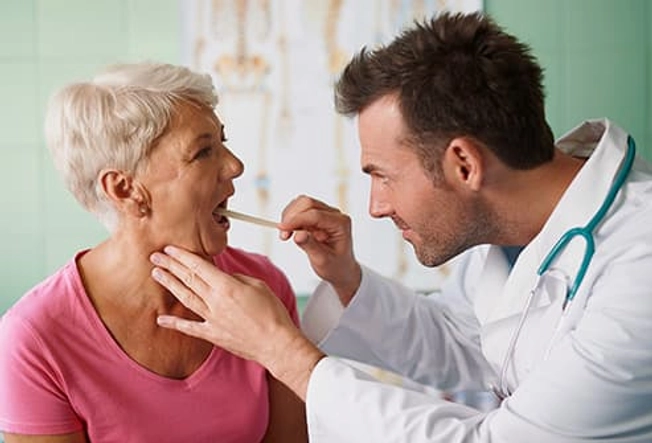
Strep Throat
When you have this infection, your body makes proteins called antibodies to fight it. Extra ones can settle in the filtering parts of your kidneys and make them inflamed. It usually doesn’t last long, but the kidney damage may be permanent for some people. If you think you have strep throat, see your doctor as soon as possible.